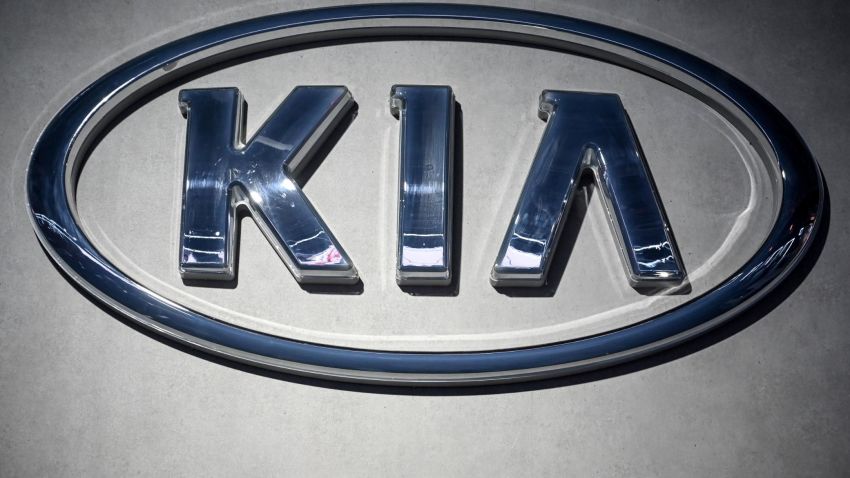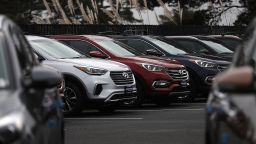Korean automakers Kia and Hyundai have agreed to an estimated $200 million class action legal settlement over claims that many of the companies’ cars and SUVs are much too easy to steal.
The settlement, which could cover up to nine million vehicle owners, provides a total of up to $145 million that will be distributed to owners whose vehicles have been stolen to help cover their out-of-pocket losses.
This could include payments of up to $6,125 per owner for the complete loss of their vehicle as well as payments for damage to the vehicle and to personal property for up to $3,375. It could also include payments for insurance-related expenses and other costs, including car rental, taxi fare, ride share costs or public transit payments not otherwise covered by insurance.
Including costs related to installing anti-theft software systems and payments for other anti-theft measures, the total cost of the settlement could be slightly more or less than $200 million, depending on how many owners participate.
The vehicles in question, 2015-2019 Hyundai and Kia models, such as the Hyundai Santa Fe and Tucson and the Kia Forte and Sportage, when equipped with turn-key ignitions — as opposed to cars that only require a button to be pushed to start — are roughly twice as likely to be stolen as other vehicles of a similar age.
Many of these vehicles lack some of the basic auto theft prevention technology included in most other vehicles, even in those years, according to the Highway Loss Data Institute, an industry group that tracks insurance statistics. The method of theft, which involves the use of a USB cable to start the car, spread through social media, especially TikTok.
“We believe this settlement offers comprehensive, welcome relief for the class that will serve as a lesson to automakers to not overlook such integral, basic safety features,” said Roland Tellis of the law firm Baron & Budd in a statement.
Hyundai and Kia operate as separate companies in the United States, but Hyundai Motor Group owns a large stake in Kia, and various Hyundai and Kia models share much of their engineering.
“This agreement is the latest step in a series of important actions, in addition to providing a free security software upgrade and distributing over 65,000 steering wheel locks, that Kia has taken to help customers whose vehicles have been targeted by criminals using methods of theft popularized on social media,” John Yoon, chief legal officer of Kia Motors America, said in a statement.
The automakers have already taken other steps to try to stem the tide of thefts. They have created a software patch to try to fix the problem. The patch is being installed free of charge on models that need it, with software that requires an actual key in the ignition to turn the vehicle on. The software will also block the car from being started after the doors have been locked using the key fob remote control. The vehicle will need to be unlocked before it can be started.
The software extends the length of the alarm sound from 30 seconds to a full minute. Hyundai dealers will also affix window stickers stating that the vehicle has anti-theft software installed.
As part of the agreement, installation of the anti-theft software will now be done automatically along with any dealer service appointment without the owner having to specifically request it.
Under the terms of the settlement, owners of vehicles that are unable to receive the software upgrade for any reason will be eligible for reimbursement of up to $300 for the installation of a glass breakage alarm, anti-theft system, steering wheel lock, or other products or modification to deter theft.
“We appreciate the opportunity to provide additional support for our owners who have been impacted by increasing and persistent criminal activity targeting our vehicles,” said Jason Erb, chief legal officer for Hyundai Motor North America, in a statement.










